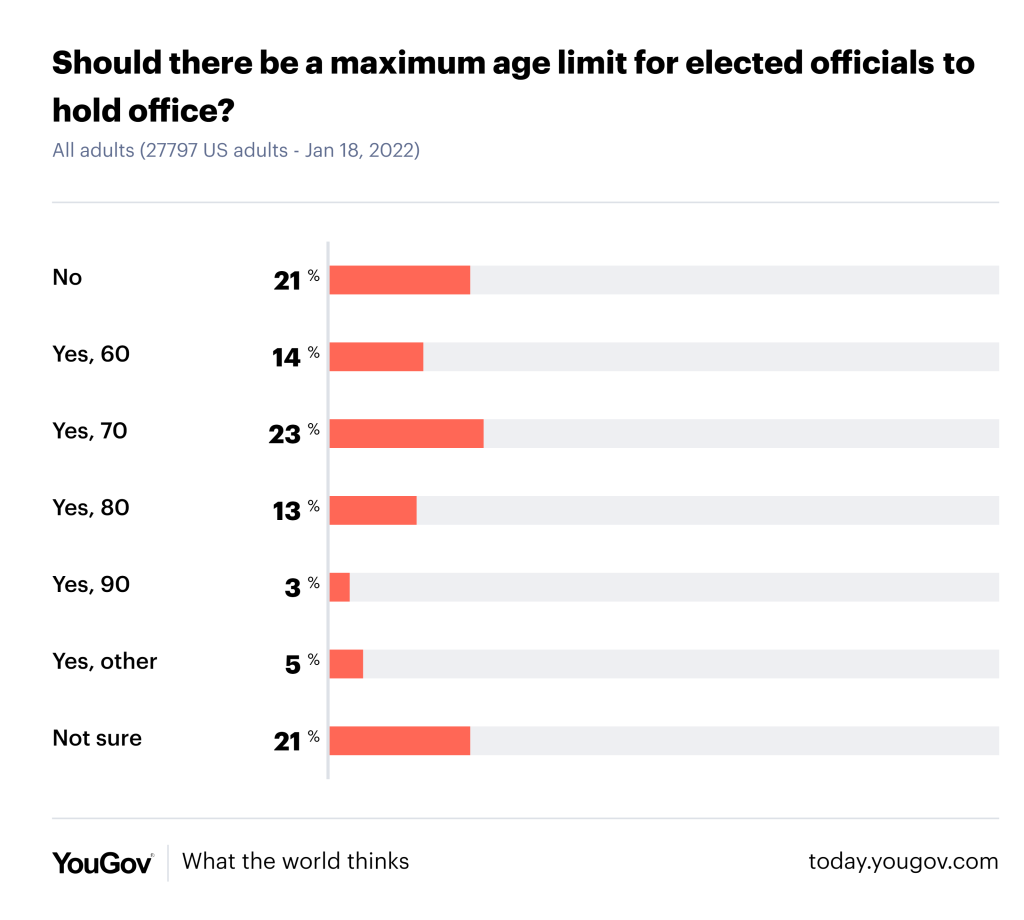Jason Perez is a 23-year-old substitute teacher and a Democrat. He believes that older government officials can lose touch with young people’s values. In general, Perez would prefer voting for a candidate who truly reflects his ideals and beliefs as a young American citizen.
“I want to have someone who I can see myself in as a gay Hispanic man,” he said. “I find it hard to relate to these candidates with the vast difference in age and culture.”
Miami-Dade voters are considering many issues that will influence their decisions this upcoming fall. From abortion rights to high gas prices, young voters are becoming increasingly vocal on the political scene.
However, there is a generational collision between young and old people. Many under age 30, like Perez, have discovered the main problem behind these issues are the people who are deciding them – whose age often exceeds 60. Florida’s senior senator, Rick Scott, for instance, is 69 years old. Florida House Representative Frederica Wilson is 79. Kate Commack is the only representative from Florida who is under age 40. Including Commack, only eight representatives of the 27 in Florida are under 50 years old.
There is virtually no maximum age for an elected official. In a survey conducted by YouGov America in January, 58% of people said they believed that there should be an age limit. The current average age in the U.S. Senate is 63. It’s 58 in the House of Representatives – while the median age of US citizens is 38. The average age of Congresspeople has risen by about 10 years since 1981.

Now more than ever, citizens are considering candidates’ health. President Biden is 79. If Donald Trump decides to run in 2024, he will be 78. With the upcoming elections, voters are paying closer attention to not only the policies and values of the candidate, but the age —which can reflect even more than viewpoints.
Should older candidates be elected? When asked, Puerto Rican native Geraldine Ramírez, 33, highlighted that she would look past elected candidates’ age if they represented her values. “As long as I align with their views and their agenda,” Ramírez said. “I am likely to vote for someone 70 to 80 years old.”
John Armas, 52, is a salesman and a Republican who lives in the southern Kendall area. Armas emphasized that if an older politician aligned with his values, he would most likely not vote for them. “I think policy comes first,” Armas said. “But when two candidates have the same policy, I would vote for the less decrepit candidate.”
Democratic voter Devin Peoples, 34, who is a Liberty City resident, strongly believes that old politicians possess a longitude of service that provides vital expertise and experience. “Age is a number,” said Peoples, “personally we can sometimes benefit from a more seasoned professional who can fight in ways that a young candidate can’t.”
But how much of the fight do these older politicians have left?
In the upcoming primary elections in Miami-Dade, old candidates are an easy find. However, this year’s ballot will also feature young candidates. Running for Florida’s 24th Congressional District, Christine Alexandria Olivo is 38 years old and taking on 11-year Frederica S. Wilson.
Some voters ask themselves whether these old candidates represent the greater majority. Even in the next presidential election, people are discussing whether President Joe Biden should be reelected considering he could become the oldest President at the age of 82.
With midterm elections this November, Perez emphasizes a vital question that should go through everyone’s mind when they are casting their votes.
“There are pros and cons when it comes to voting for these older candidates,” said Perez. “Can you relate to the policies enough that it outweighs how much you can relate to the candidate themselves?”
This story is part of series on the issues facing voters in upcoming midterm primary and general elections. To read the other stories in the series, click here.


































